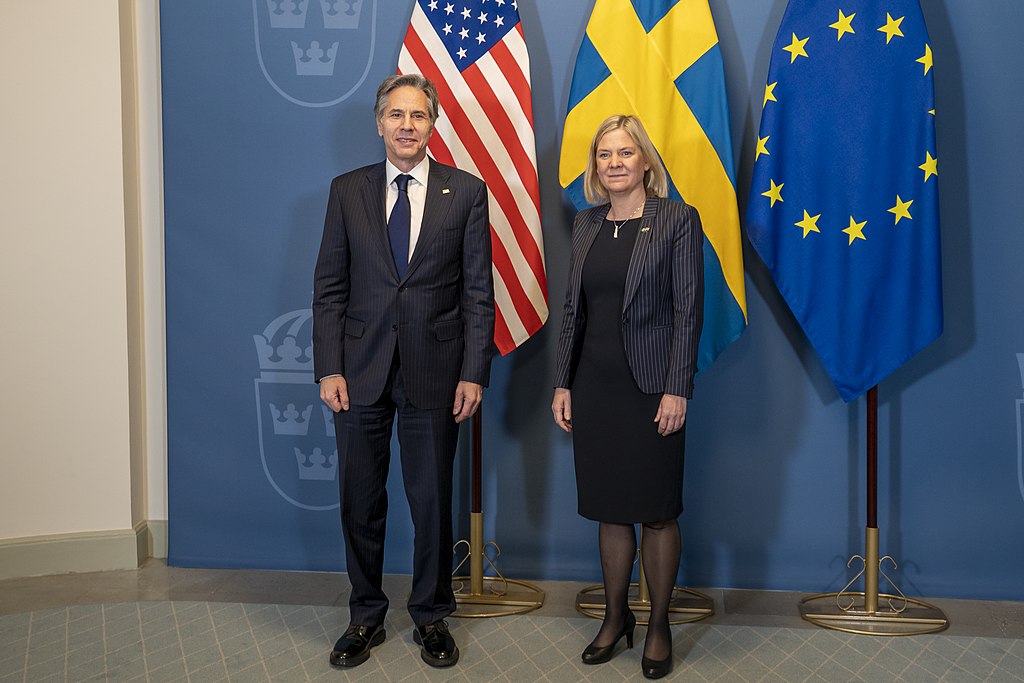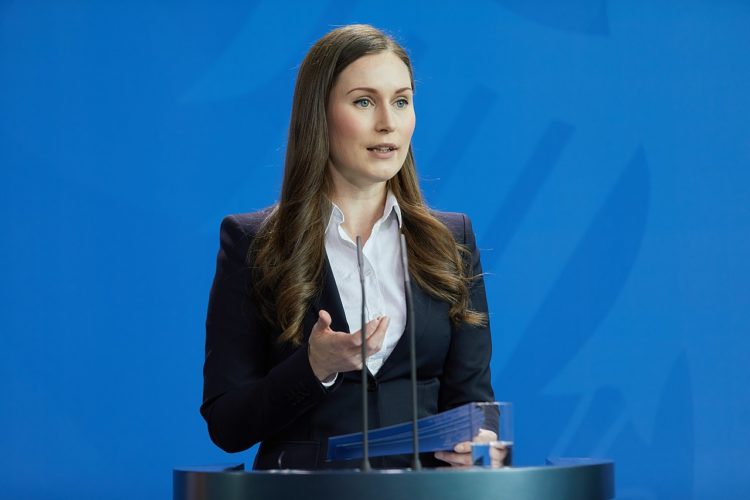Such changes point toward Finland’s likely move to join NATO in the coming months. However, the country must consider possible retaliation from Russia.
“Of course, Russia will react, but we don’t know how. And we need to be prepared”, the Permanent Secretary at Finland’s Ministry of Defense, Esa Pulkkinen, said. “We need to be ready, of course, to face consequences.”
Pulkkinen, a retired lieutenant general, said that Russia’s reaction remains one of many considerations in the NATO discussion. He said that although a full invasion of Finland is unlikely, the possibility cannot be ruled out completely.
“You cannot rule out anything. I mean, that’s something that you need to do, assess the risks. You should not exclude anything. But that risk assessment, I think, is taking place in Finland now,” he said.
In the early weeks of the war in Ukraine, Moscow’s Director of the Second European Department from the Russian Foreign Ministry, Sergei Belyaev, had previously warned Finland and Sweden that joining the alliance “would have serious military and political consequences.”
Kremlin spokesperson Dmitry Peskov echoed Belyaev’s sentiments, saying that they will have to “make our Western flank more sophisticated in terms of ensuring our security” in the event Finland and Sweden join NATO.
Finland shares the longest land border with the Russian Federation. This makes keeping Helsinki, at least neutral, a crucial part of Moscow’s security agenda. Furthermore, Stockholm is another neighbor just across the Gulf of Bothnia that could also present a security threat for Russia.
Experts believe that Russia’s invasion of Georgia in 2008 and Ukraine in 2014 were moves to block those countries from joining NATO. Given this premise, if Finland announced that it would join NATO, it could push Putin to pull the trigger on another war — that’s if they still have the men and munitions to keep a war going.
Finland is a strong candidate for NATO membership. It fully meets membership criteria and boasts strong merits. The country has proven to be a stable democracy and has already been in cooperation with NATO as a partner since 1994. More importantly, Finland can hold its own defensively with 280,000 active military personnel and around 900,000 reservists. Sweden, with its total defense military philosophy, also isn’t a country Russia should rule out as it’s still known to have one of the strongest Air Forces in the world. Both countries are also key locations for NATO as it would enable them to place air defense systems close to Northern Russia and launch missions from these territories if necessary.
However, even with a good resume, a NATO membership does not come instantly. The alliance’s Article 5, which provides collective defense, does not cover aspirant members. This leaves a vulnerable gap wherein Russia can make a move on Finland (and Sweden) while it is not yet a ratified member of NATO.

“This question is being asked very actively, that is, offering such help or support if there is a need for it,” Haavisto said.
Moscow’s response is not limited to military action. It could come in the form of cyberattacks and even economic or political action. In those events, Pulkkinen said that it would need the “support of our friend” but acknowledged that Finland must be ready to stand alone until it becomes a full-fledged NATO member.
Pulkkinen added that he does not expect nations to pledge to protect Finland during the gap. “I think it’s unrealistic to think about,” he said. “We need to mitigate the risks by ourselves.”
Defending against a Russian invasion is something that Finland is well prepared for. One could say that the country’s foreign and military policy has been designed for decades to face such a threat.
“Russia knows, and we know, that we are able to defend ourselves. We’ve been preparing ourselves for four decades.” Pulkkinen said.
Questions also arose on whether Russia still has enough left in the tank to invade Finland after its abysmal performance in Ukraine. According to Western estimates, 80% of its active military personnel were tied up in the ongoing invasion. Furthermore, with them deploying experimental tanks and hypersonic missiles, it was hypothesized by military analysts that they might be running out of munitions to sustain the war.
“I find it hard to imagine, given the extent the Russian military has struggled in Ukraine, that they would have the bandwidth to put any kind of pressure on Finland if they announced they were seeking to join NATO tomorrow,” Jason Moyer from the Wilson Center said.
And this may be prompting the move by these two countries to join NATO, Russia being unable to pose a credible military threat against Sweden and Finland to intimidate them into passivity.
“Russia will likely make the usual fuss of expelling Finnish diplomats. The economic fallout will be dramatic given their proximity and trade relationship… and there might even be an air incursion or cyberattack. But this is a small price for the long-term security NATO provides,” he predicted.










COMMENTS